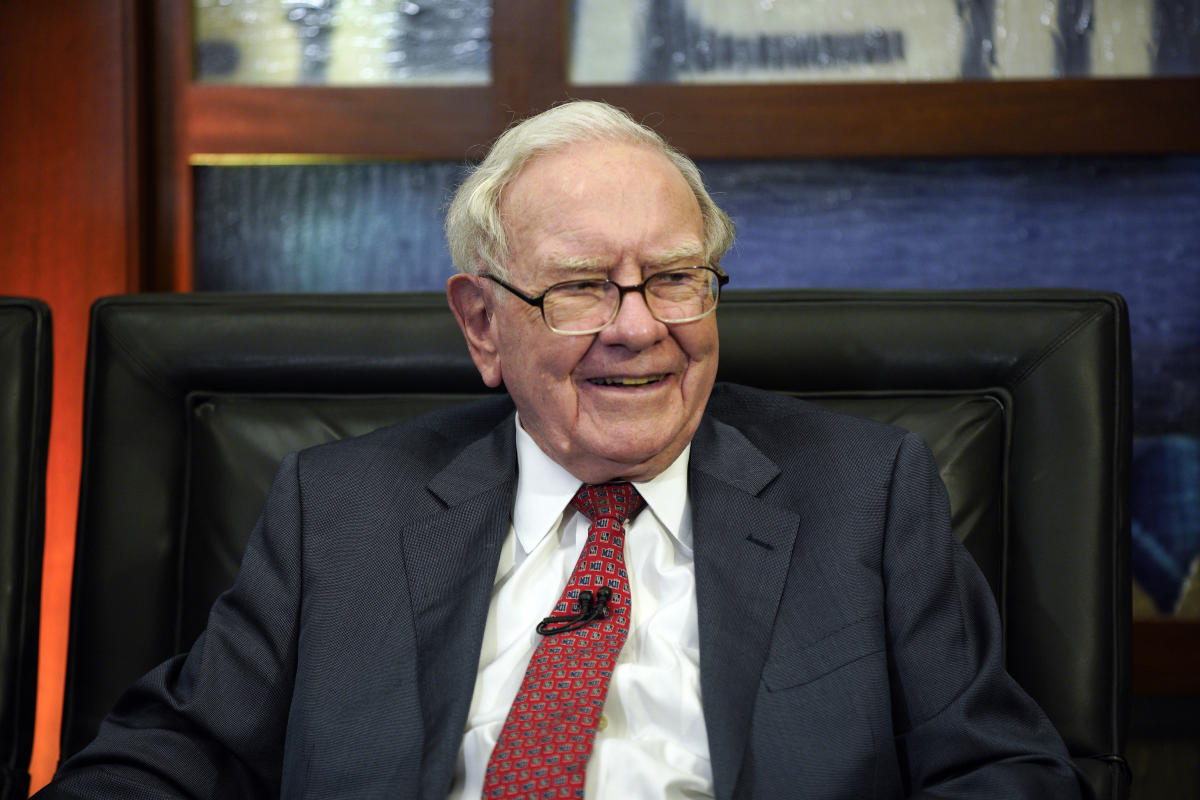
A look at the day ahead in U.S. and global markets from Mike Dolan
Global investors got a reminder last week that the U.S. economic expansion is not etched in stone, even Wall Street is priced as if it was, and German stocks got another shot in the arm on Monday from weekend election results.
A string of soft readings from the U.S. retail and service sectors unnerved U.S. stock traders on Friday, with growing fears the disruption and uncertainty sown by Donald Trump’s new administration are forcing consumers and businesses to draw in their horns.
The S&P500, Nasdaq and small-cap Russell 2000 plunged 1.7%, 2.2% and 3% respectively – with the Russell now turning negative for the year. Friday’s losses in the S&P500 and Russell were the biggest one-day hits in 2025, with the blue chip Dow Jones index recording its steepest weekly decline since October.
With Federal job cuts mounting and government spending being slashed, along with considerable anxiety about the effect of planned import tariffs and the impact on available workers from deportations of migrants, the economic mood seems to have turned.
After a disappointing Walmart earnings forecast week compounded a sizeable January retail sales miss and weak February business updates ever since, S&P Global’s flash polls for this month showed activity in the dominant U.S. services sector contracted for the first time in two years.
Adding insult to injury, the University of Michigan’s consumer sentiment index fell to a 15-month low this month even as inflation expectations ticked higher, and homebuilder sentiment also hit a five-month low in February.
The return of long-absent slowdown fears sent a frisson of concern across both stock and bond markets – pulling 10-year Treasury yields down to near three-week lows at 4.40%.
Stock futures tried to claw back ground before Monday’s bell, edging back up about 0.5%.
Exaggerated by the initially positive euro reaction to the expected win for German centrist conservatives in the weekend election and a likely chancellorship for CDU leader Friedrich Merz, the dollar continued its recent decline first thing today too and its main index briefly hit a new low for 2025.
As markets took fright on Friday, they were jumpy about pretty much anything that smelt of slowdown or recession, with high-yield credit markets also wobbling.
With chip giant Nvidia preparing to release earnings on Wednesday, there was attention paid to a TD Cowen research report saying Microsoft was cancelling leases for AI data centers – a trend that has been such a part of the economic resilience of the past two years.
Anxiety was increased further by reports that Chinese researchers had discovered a bat coronavirus with similar features to the one that caused COVID-19 and raised the possibility that it could spread to humans. Shares in Moderna climbed 5.3% on the news.
On top of all that, Berkshire Hathaway on Saturday reported record annual profits and boosted its cash stake to $334.2 billion, as Warren Buffett used his annual shareholder letter to caution Washington to spend money wisely and take care of those who get the “short straws in life.”
In Europe, all the attention was on the German election fallout and tentative hopes the new parliament will have enough support to loosen Germany’s restrictive “debt brake” and lift defense spending.
Germany’s blue-chip index jumped 0.8%, boosted by arms makers, while the mid-cap index surged 2.3% and small caps advanced 1.1%.
Defence stocks Rheinmetall, Hensoldt and Renk advanced between 3.3% and 4.3% on prospects of higher military spending by the incoming administration in Berlin. The European aerospace and defence index rose 0.9%.
Germany’s 10-year bond yield, which serves as the benchmark for the wider euro zone, was last up just 1 basis point at 2.465%.
Merz vowed on Monday to quickly form a government after winning a national election but faces tricky coalition talks, difficult parliamentary maths and the prospect of an obstructive Bundestag after far-right and far-left parties gained ground.
But Merz also made clear he felt Europe could no longer rely on the United States for economic or security support.
“I would never have thought that I would have to say something like this in a TV show but, after Donald Trump’s remarks last week…it is clear that this government does not care much about the fate of Europe,” Merz told German public broadcaster ARD.
Key developments that should provide more direction to U.S. markets later on Monday:
* Chicago Federal Reserve January activity index, Dallas Fed February manufacturing survey
* Federal Reserve
* US corporate earnings: Diamondback Energy, Domino’s Pezza
* US Treasury sells $69 billion of 2-year notes
(By Mike Dolan, editing by XXXX; mike.dolan@thomsonreuters.com)
EMEA Tribune is not involved in this news article, it is taken from our partners and or from the News Agencies. Copyright and Credit go to the News Agencies, email news@emeatribune.com Follow our WhatsApp verified Channel



